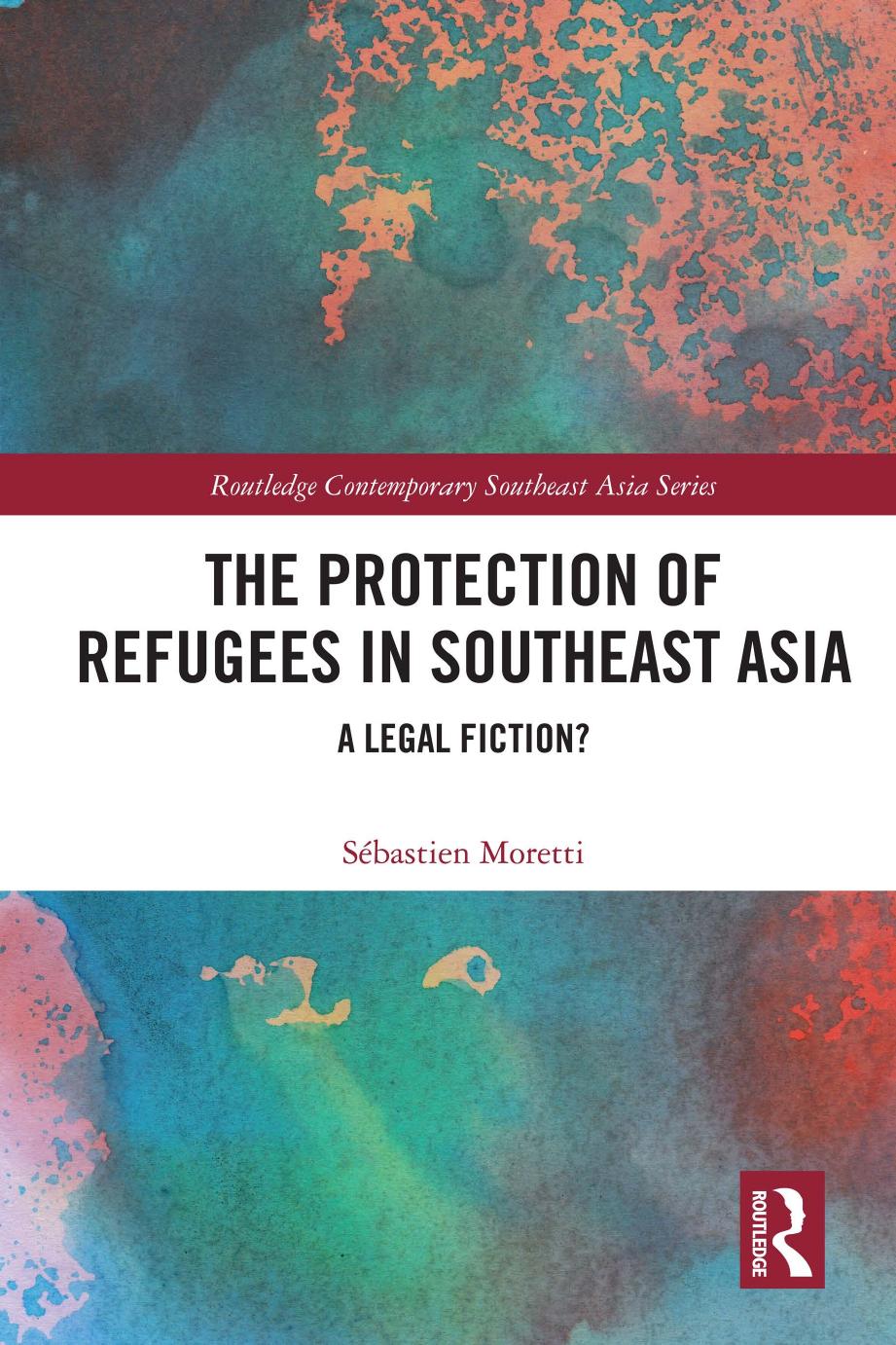
The Protection of Refugees in Southeast Asia; A Legal Fiction? PDF
2022·6.019 MB·other
Most books are stored in the elastic cloud where traffic is expensive. For this reason, we have a limit on daily download.
Preview The Protection of Refugees in Southeast Asia; A Legal Fiction?
Description:
This book offers a comprehensive and detailed analysis of refugee protection in Southeast Asia from an international law perspective. It examines both the legal and policy frameworks pertaining to the protection of refugees in the region as well as the countries’ response to refugee movements from the Indochinese refugee crisis in the mid-1970s to the most recent developments. It covers important aspects of refugee protection, such as access to territory, non-refoulement, the treatment of refugees, the concept of refugee as applied in the region, burden-sharing and durable solutions to the plight of refugees. The analysis focuses specifically on the main countries of asylum within the Association of Southeast Asian Nations that are not parties to the 1951 Refugee Convention, namely Thailand, Malaysia and Indonesia. Using an international law perspective based on the doctrine of the ‘two elements’ (practice and opinio juris), the author argues that these states have long recognized that people fleeing persecution, armed conflict and generalized violence, namely refugees, should be protected. This in turn demonstrates that they recognize the existence and relevance of the international refugee regime despite their refusal to accede to the Refugee Convention. Offering a different perspective on the links between international refugee law and refugee protection in Southeast Asia, this book will be of interest to researchers and practitioners in the fields of international relations, international refugee law, international human rights law, migration governance and Southeast Asian Studies.
See more
The list of books you might like
Most books are stored in the elastic cloud where traffic is expensive. For this reason, we have a limit on daily download.
